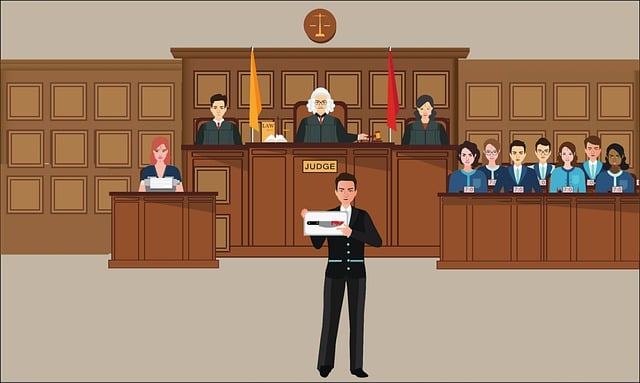Accident claims for psychological trauma compensation require specialized legal help. Key steps include understanding eligibility (significant emotional impact from traumatic events), gathering essential info (medical records, police reports, witness statements), engaging a personal injury attorney, and submitting detailed documentation to insurance companies or legal entities. Document all injuries, especially long-term effects, for fair redress.
Accident Claim for Psychological Trauma Compensation
Accidents can leave lasting impacts, especially when they result in psychological trauma. This comprehensive guide explores your right to seek compensation through an accident claim. We delve into the process and eligibility criteria for claiming psychological trauma damages. Understanding these steps is crucial for those seeking redress for emotional distress caused by unforeseen events. Learn how to navigate the legal landscape and explore potential avenues for recovery.
- Understanding Psychological Trauma Claims
- Eligibility Criteria for Compensation
- The Process of Filing an Accident Claim
Understanding Psychological Trauma Claims

When it comes to accident claims, psychological trauma compensation is a critical aspect that often requires specialized knowledge. This type of claim involves seeking financial redress for the emotional and mental suffering endured as a result of a traumatic event, typically an accident. It’s not just about physical injuries; it recognizes the profound impact that accidents can have on a person’s psychological well-being.
Accidents, including slip and fall incidents or situations involving fiduciary duty breaches, can leave individuals with lasting emotional scars. An accident lawyer specializing in such cases understands the legal intricacies of evaluating and documenting psychological trauma. They help clients navigate the process, ensuring they receive fair compensation for their pain, suffering, and any ongoing treatment needs related to the traumatic experience.
Eligibility Criteria for Compensation

When considering an accident claim for psychological trauma compensation, understanding the eligibility criteria is crucial. To be eligible for compensation, individuals must first establish that they have experienced a significant psychological impact as a direct result of a recognized traumatic event. This could include car accidents, personal injuries, or any other unforeseen incident that causes severe emotional distress. It’s essential to consult with a skilled car accident lawyer or auto accident lawyer who can guide you through the legal process and help gather evidence to support your claim.
Additionally, proof of treatment from qualified healthcare professionals is typically required. This includes therapy sessions, counseling records, or medical reports detailing the patient’s psychological condition and its connection to the traumatic event. Homeowner insurance claims may also come into play if the trauma occurred within a personal residence, ensuring that all available coverage is explored during the claim process.
The Process of Filing an Accident Claim

The process of filing an accident claim can seem daunting, but understanding the steps involved is crucial for a successful outcome. It begins with gathering all relevant information related to the incident, including medical records, police reports, and witness statements. This initial phase requires meticulous attention to detail to ensure all potential avenues for compensation are considered. Engaging a personal injury attorney at this juncture can be invaluable, as they will guide you through the legal intricacies and help build a strong case.
Once prepared, the next step is to file a claim with the appropriate insurance company or legal entity. This often involves submitting detailed documentation outlining your injuries, losses, and how the accident occurred. In cases of truck accidents or other severe incidents, it’s essential to document every aspect of your injuries, including any long-term effects, as these can significantly impact the compensation you receive for both physical and psychological trauma.
When pursuing an accident claim for psychological trauma compensation, understanding the process and eligibility criteria is crucial. By familiarizing yourself with these aspects, you can navigate the journey more confidently. This article has outlined the key steps involved in filing a claim, from grasping the nature of psychological trauma claims to the actual filing process. Remember that seeking professional advice can enhance your chances of success, ensuring you receive the compensation you deserve for your emotional distress.






